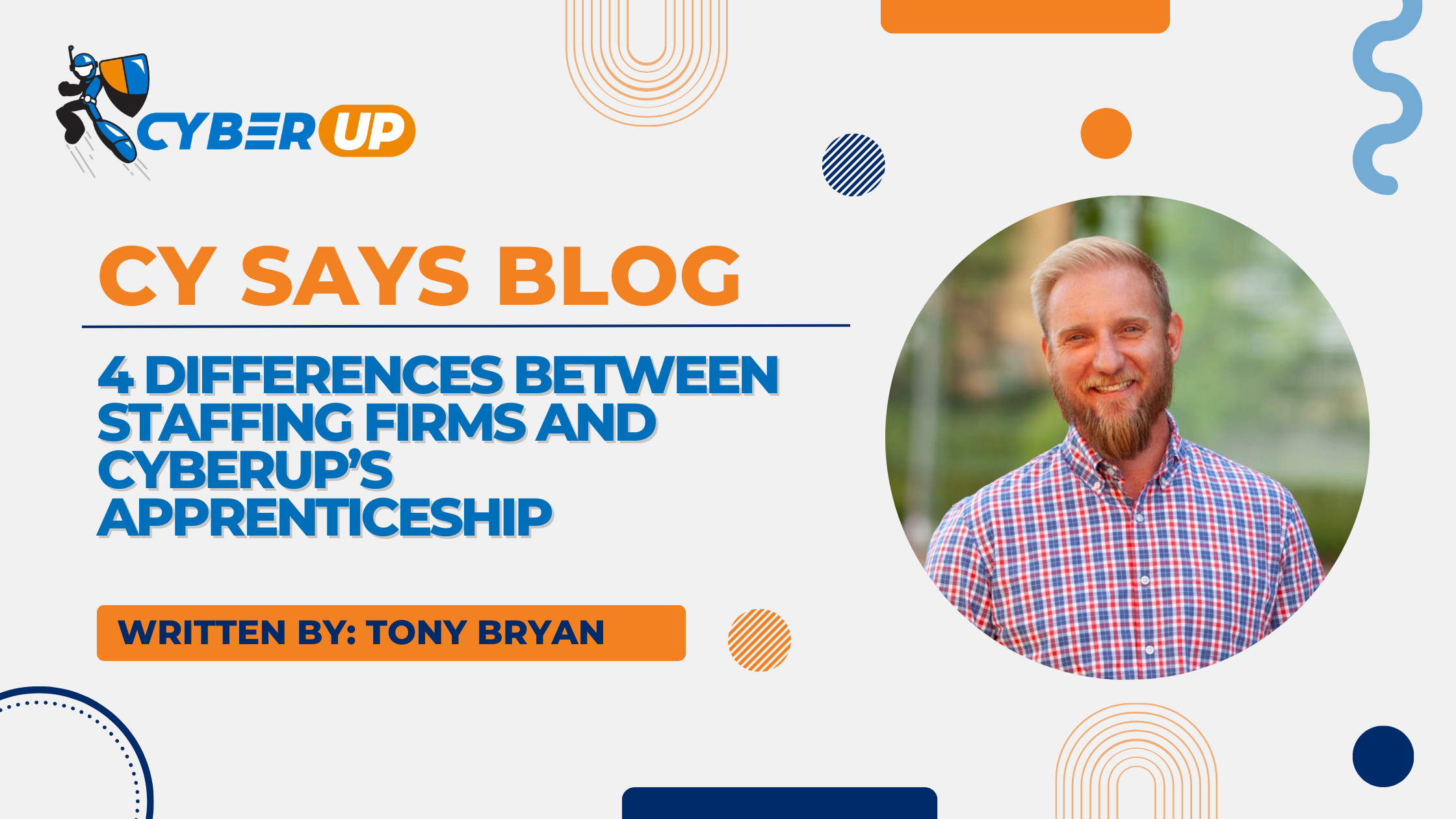Building Skills in the Future Workforce: A Roadmap for Companies

As we look toward the future, one thing is abundantly clear: the workforce is evolving, and so must the way we approach talent development. Companies need a forward-thinking strategy to ensure that their employees are equipped with the skills required not only for the present but also for the jobs of tomorrow. But how can businesses build these critical skills in their future workforce? The answer lies in a multi-faceted approach that focuses on continuous learning, practical training, and forward planning.
- Adopt a Skills-Based Hiring Approach
One of the most impactful changes companies can make is shifting away from degree-based hiring practices and embracing a skills-based model. This approach opens up the talent pool to a more diverse range of candidates who possess the practical skills needed for the job, regardless of whether they have a formal education in that area. By focusing on what people *can* do, rather than what they've learned through traditional routes, companies can attract candidates who are not only capable of thriving in the current landscape but are also adaptable to future challenges.
A skills-based approach allows businesses to target workers who may have gained expertise through boot camps, certifications, or hands-on experience in other fields. It also encourages hiring for potential—seeking out individuals who may not check every box on a job description today but have the capacity to learn and grow into new roles over time.
- Invest in Lifelong Learning Programs
The rapid pace of technological change means that workers need to continually refresh their skills. Companies should recognize that learning doesn’t stop once an employee is hired; instead, it’s a career-long journey. To stay competitive, businesses must offer ongoing opportunities for employees to upskill and reskill, particularly in fields like cybersecurity, artificial intelligence, and data science, where the demand for talent outpaces supply.
Creating a culture of lifelong learning involves providing access to internal training programs, online learning platforms, and even external certifications. Some of the most forward-thinking companies have also started partnering with educational institutions and boot camps to provide employees with cutting-edge training. This kind of investment not only enhances individual career growth but also strengthens the company’s overall workforce.
- Leverage Apprenticeships and Internships
Another effective way to build skills in the future workforce is through apprenticeships and internships. These programs allow individuals to gain real-world experience while learning valuable skills. They also serve as a pipeline for companies to identify potential future full-time employees.
In the cybersecurity field, for example, apprenticeships offer a unique opportunity to develop hands-on expertise in areas like network defense, incident response, and threat intelligence. Employers benefit from having a new generation of professionals who are ready to hit the ground running and make meaningful contributions early in their careers.
Internships can also be an avenue for students and young professionals to explore different career paths, build foundational skills, and gain insights into industry practices. Companies that are proactive about creating structured and mentorship-driven internship programs can establish a strong talent pipeline while enhancing their own training capabilities.
- Foster a Culture of Innovation
Innovation doesn’t just happen at the top; it needs to be encouraged and nurtured at every level of an organization. By creating an environment where employees feel empowered to explore new ideas, collaborate across departments, and take calculated risks, companies can develop the skills needed for the workforce of the future.
Encouraging cross-functional collaboration helps break down silos and exposes employees to new perspectives, ultimately fostering creativity and problem-solving. Innovation labs, hackathons, and team-driven projects are just a few ways to cultivate this mindset and build the critical thinking skills that will be necessary in the evolving job market.
- Promote Soft Skills Alongside Technical Expertise
While technical skills are essential, they are not the only factor companies should focus on when building a future workforce. Soft skills such as communication, critical thinking, adaptability, and teamwork are equally important and often harder to develop.
The workforce of tomorrow will need to navigate complex, multidisciplinary challenges, making these skills a key differentiator. Companies can help employees strengthen their soft skills by offering workshops, coaching, and real-time feedback through peer reviews and mentorship.
- Emphasize Diversity and Inclusion
Diversity is not just a checkbox—it’s a business imperative that drives innovation, creativity, and success. To truly build a skilled workforce for the future, companies must embrace a diverse range of voices, perspectives, and experiences. This means creating more inclusive hiring practices, providing equal access to learning and development opportunities, and ensuring that all employees feel valued and heard.
By fostering an inclusive culture, companies can tap into the full potential of their workforce, bringing in individuals who can think differently, solve problems creatively, and contribute in unique ways.
Conclusion
Building the skills of the future workforce requires a deliberate, forward-thinking strategy that emphasizes both technical expertise and soft skills, fosters lifelong learning, and promotes inclusivity. By adopting a skills-based approach to hiring, investing in continuous development, and creating opportunities for innovation and collaboration, companies can ensure they are not only prepared for the challenges of today but are also building a workforce that is adaptable and resilient for whatever the future may bring.
At CyberUp, we’re passionate about developing the next generation of cybersecurity professionals and ensuring that companies have access to the talent they need to stay competitive. If we want to secure our digital future, we must invest in the workforce today.


%20(2)-1.png)